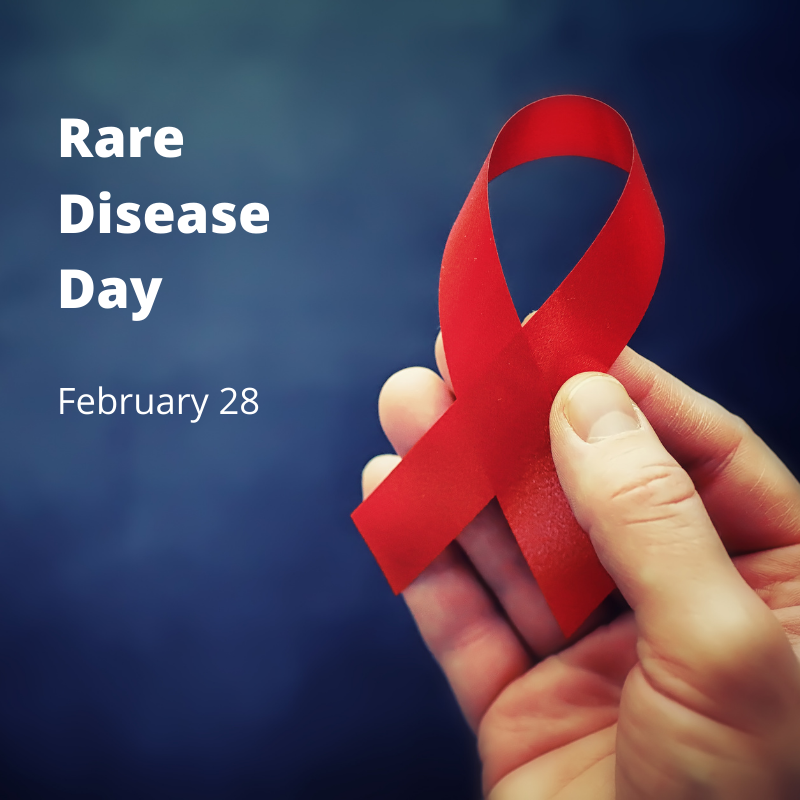The World Rare Disease Day is celebrated on the 28th of February. The choice of the day is relevant: in leap years, the celebration occurs on the 29th of February, the rarest day of the year.
Promoted in Europe by Eurordis, the European Organisation for Rare Disease, it represents a moment to raise awareness of this topic, giving visibility to pathologies that often represent a silent problem which affects many families in the world, with repercussions for their daily life.
A pathology is defined as rare when it does not affect more than 0,05%, therefore 5 cases out of 10 thousand people.
They are often genetic and can be diagnosed during childhood, however many of them have a slow evolution, thus the diagnosis occurs in the presence of a multi-organ damage.
According to the analysis of Orphanet’s databes, currently there are more than 6000 identified rare pathologies, characterized by a wide variety of disorders and symptoms which differ by disease and patient affected. Furthermore, the symptomatology is similar to the one of other pathologies, therefore it is easy to have a delay in the correct diagnosis.
Basically invalidating, the quality of the patient’s life is affected by the lack or loss of autonomy due to the chronic, progressive, degenerative and often dangerous aspects for the life of the disease.
The fact that frequently there aren’t efficient treatments is added to the great pain and suffering of the patients and their families.
70% of this kind of disease shows up during childhood, the 72% are genetic, while the rest is due to bacterial or viral infections, allergies or environmental factors. Overall, it is estimated that 300 million people live with a similar pathology.
Since its creation in 2008, the World Rare Disease Day has had a fundamental role in the building of an international community, global and diversified, still united in purpose. The long-term goal is especially the one of obtaining an equal access to diagnosis, treatment, health and social care and to the social opportunities for people affected by a rare disease.
Last December, the UN adopted a resolution, named “Addressing the challenges of persons living with a rare disease and their families”, extremely important for people with a rare disease as it intends to face the challenges of people living with such pathologies, patients and families.
A clear signal that, together with the worldwide research, demonstrates the attention to face this topic not only from the point of view of the treatment but also of the well-being of people living daily with this reality.

